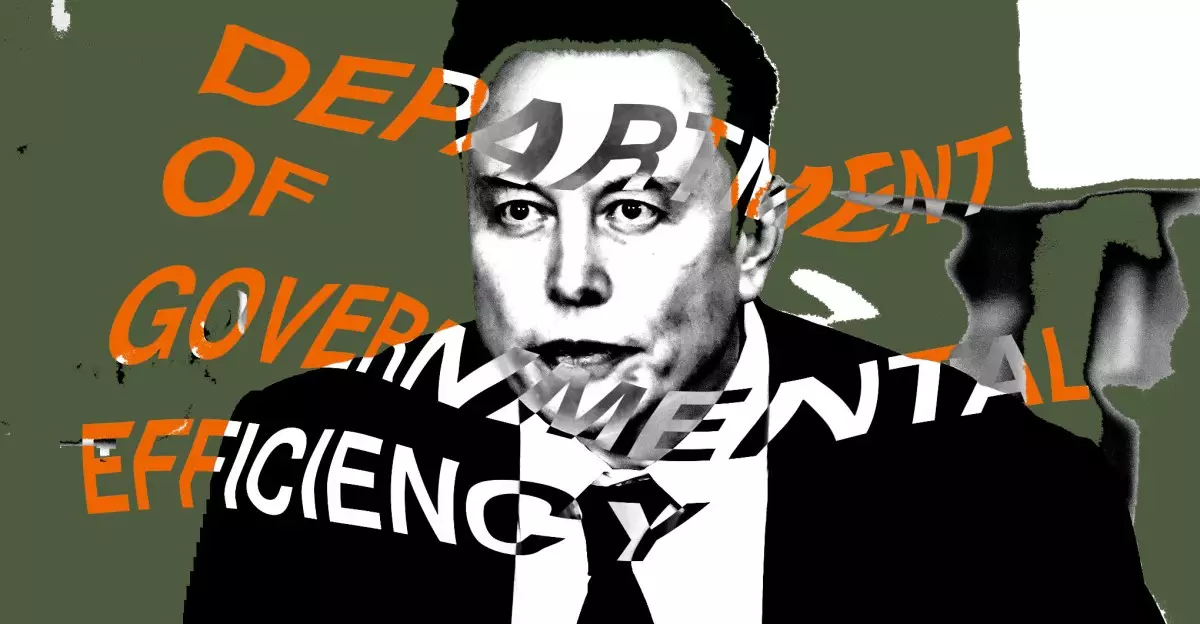In a surprising move, federal employees received an email over the weekend requesting them to summarize their significant accomplishments since the previous week, with a deadline set for Monday night. This email, attributed to the Office of Personnel Management (OPM), has sparked considerable debate regarding its legality and the implications it holds for the workforce. Elon Musk, the tech entrepreneur famously known for his aggressive management style, referenced this directive in a tweet, hinting that non-compliance might be interpreted as a resignation. However, the demand raised eyebrows, primarily due to its potential to infringe on civil service protections.
Legal experts have flagged the email as potentially problematic, claiming it might contravene established federal law regarding employee rights. Sam Bagenstos, a prominent law professor at the University of Michigan, criticized the directive, stating that it exhibited “zero basis in the civil service system.” The consensus among legal professionals is that any implication that failing to respond would lead to a job resignation could be construed as coercive and illegal.
This scrutiny raises questions about the authority that figures like Musk assume in their management styles. The precedent of such directives, particularly from an outsider to government operations like Musk, generates concerns around the erosion of previously established protections for workers. House Minority Leader Hakeem Jeffries articulated these concerns, emphasizing that federal employees and their families are bearing the brunt of these high-handed tactics without any legal grounding.
Musk’s history of controversial management within his companies, most notably Twitter, resonates strongly with this recent event. His approach often involves setting stringent deadlines and demanding high accountability from employees, which has led to accusations of creating a toxic work environment. The email directive mirrors these earlier tactics and indicates a style that prioritizes immediate results over stable working conditions.
Moreover, Musk’s pattern of communication through social media further complicates the scenario. By utilizing platforms like Twitter to disseminate company directives or commentary, he positions himself as a disruptor not only in technology but in workplace culture as well. This is a deviation from traditional corporate methods and raises concerns over transparency, employee morale, and job security.
As federal employees grapple with the expectations set by this controversial directive, there is a pressing need for clarity regarding their rights and responsibilities. The intersection of private sector strategies and public service directives underscores a significant shift in workplace culture, driven by influential figures like Musk. With legal challenges likely to arise, it becomes clear that the demand for accountability must be met with an equal focus on the ethical treatment of all employees. The discourse surrounding this incident serves as a critical reminder of the need for balance between accountability and the preservation of employee rights in any organizational setting.


Leave a Reply